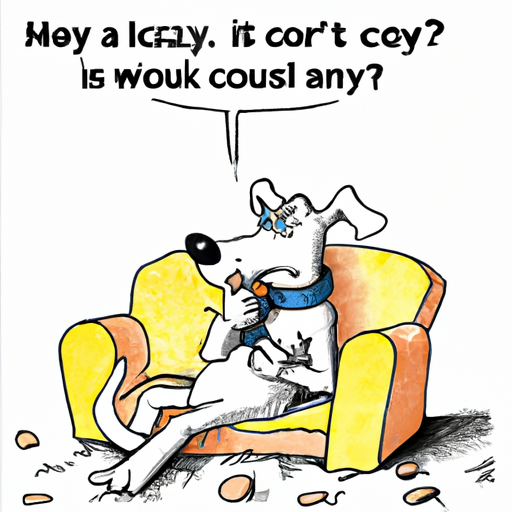Understanding Your Canine Companion’s Behavior
You may have noticed your furry friend licking their wounds, a habit that might seem strange to you. However, this behavior is deeply ingrained in their instincts – a survival technique passed down from their wild ancestors.
“The wound-licking behavior of dogs is a primitive response designed to clean wounds and accelerate healing,” explains Dr. Rebecca Ledger, an animal behavior scientist.
This instinctual behavior is one of the many ways dogs have adapted to survive in the wild. But is it beneficial or could it be harmful? Let’s delve deeper into this fascinating canine behavior.
The Science Behind Wound Licking
There’s a scientific reason behind your dog’s instinct to lick wounds. Their saliva contains enzymes called lysozymes that can kill certain types of bacteria.
| Saliva Component | Function |
|---|---|
| Lysozymes | Kills bacteria |
| Peroxidase enzymes | Break down bacterial cell walls |
| Opiorphin | Pain relief |
However, keep in mind that while dogs’ saliva does have some antibacterial properties, it also contains bacteria that could potentially be harmful.
When Wound Licking Becomes a Problem
While it’s natural for your canine companion to lick their wounds, excessive licking can cause problems:
- Infection: Constant licking can introduce new bacteria into the wound and cause an infection.
- Delayed Healing: Excessive licking can slow down the healing process by reopening wounds and causing further damage.
- Obsessive Behavior: If your dog starts obsessively licking a specific area, it can lead to skin conditions like hot spots or acral lick dermatitis.
How You Can Help: Steps to Discourage Excessive Licking
As a caregiver, your role is to ensure the well-being of your pet. Here are some steps you can take to discourage excessive licking:
- Use an Elizabethan collar or “cone of shame” to prevent your dog from reaching their wounds.
- Apply a bitter-tasting topical solution to deter licking.
- Keep the wound clean and properly bandaged.
- Provide distractions, such as toys or puzzle feeders, to occupy your dog’s attention.
- Consult with your vet about possible medical treatments if the behavior becomes obsessive.
Frequently Asked Questions (FAQs)
Q: Is it okay for my dog to lick their wounds?
A: While some licking can help clean the wound, excessive licking can lead to complications like infections and delayed healing.
Q: Can I use human medicine on my dog’s wound?
A: No, some human medications can be harmful to dogs. Always consult with a vet before applying any treatment.
Q: What if my dog won’t stop licking their wound?
A: If you can’t discourage the behavior, reach out to your vet. They can suggest further steps to take, including possible medical treatments.
Remember, understanding your dog’s behavior is key to ensuring their health and happiness. Keep a watchful eye on their wound-licking habits and consult with a vet when necessary.



